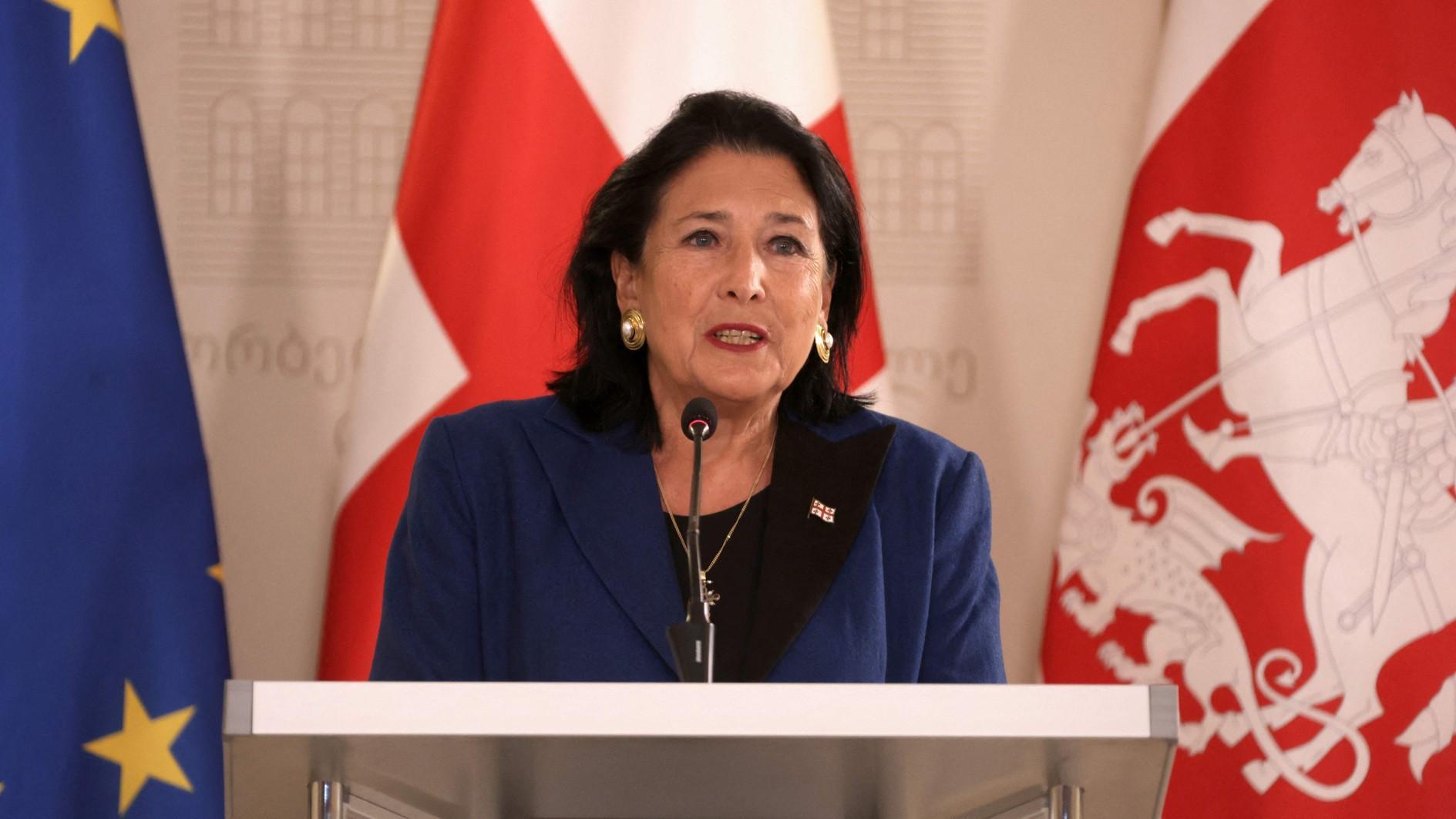What was achieved at the Geneva Cyprus talks?
Has there been any progress at the Geneva Cyprus talks? This is a very important question, the answer to which largely depends on which perspective one might wish to answer it from. Was it a success? Was it a failure? Did Turkish Cypriot leader Mustafa Akıncı engage in a treacherous act and surrender to the demands of Greek Cypriot leader Nicos Anastasiades, or was he a successful negotiator that elevated the status of the Turkish Cypriot state to that of the Greek-held Cyprus Republic?
Indeed it is a very difficult question. Perhaps for an answer, it might be useful to look at what the two sides obtained from the unprecedented three days of bilateral talks, and one day of five party rounds, in Geneva.
1- As four Greek Cypriot opposition parties accused him and left Geneva in protest while the five-party conference was still underway, did Anastasiades help Akıncı elevate his unrecognized state to the level of the internationally recognized Greek Cypriot state?
While such an argument might be possible, it was indeed an exaggeration. Yet, if Anastasiades was representing both the Greek Cypriot community and the Cyprus Republic – as he reportedly said in his speech at the international conference – then there was obviously not two leaders and three foreign ministers of the guarantor powers, but there were as well two presidents there. In that framework and with some creative exaggeration, the argument might be acceptable. Yet, it falls contrary to the established principle that the two leaders represented their communities and nothing else, on the basis of equality.
2- Anastasiades managed to open discussions on a taboo subject without delivering anything: The fate of the guarantee system…
Indeed, that was a big achievement of Anastasiades, and a major defeat for Akıncı. Could it be averted? No… From the day Akıncı’s close aides started to murmur that the guarantee system was not a taboo, it was obvious that at one stage, this issue of existential importance for Turkish Cypriots would come to the agenda of the process. Still, it was a big success to reach that point without delivering anything to the Turkish Cypriots in return.
Thus, for the first time since the 1968 start of the intercommunal talks process, Greek Cypriots brought a senior representative of Turkey to the negotiations table where the future of the guarantee system was discussed. Yes, Turkey did not deliver anything, but the fact is there: The guarantee system is now negotiable. This, of course, is one of the biggest Turkish Cypriot concessions delivered in exchange for the convening of a first-ever international conference “officially” bringing together the two communal leaders and the representatives of three guarantor powers around the same table.
3- By agreeing to submit a map on territorial adjustments, Akıncı delivered the biggest victory to Anastasiades.
Indeed. Turkish Cypriots have been stressing all along that the territorial aspect of the Cyprus problem should be resolved through modifications along the border, with give-and-take, without any major land concession. In all previous cases it was the third parties, or Greek Cypriots, who produced maps on territorial concessions to be made. This was the first time a Turkish Cypriot leader delivered a map with sizeable concessions in return for nothing… That is Greek Cypriots, apart from their version of a map on what the territory of the two sides ought to be, delivered nothing other than agreeing to attend a five-party conference in return for Turkish Cypriots delivering a map. Akıncı could not even make the Greek Cypriots accept a rotating presidency, an issue they agreed to deliver earlier. Obviously, it was a big fiasco for Akıncı to see the five-party conference end without any progress in any area as regards the Turkish Cypriots while Anastasiades comfortably placed in his bag not only the lifting of the untouchable status of the guarantees issue, but also the territorial map of the Turkish Cypriots, without delivering anything in the political equality sphere.
4- Most importantly of all, the Greek Cypriot leader did not want a Cyprus settlement but did not want either the conclusion of the process in success or failure either. For him, the best result would be continuation of talks in an open-ended manner.
Akıncı delivered that success to Anastasiades. The Geneva process was not completed. With a depletion in the status of the participation of the three guarantors, there will be a “technical level” round on Jan. 18. After that will come further rounds of talks, perhaps ministerial talks from time to time. Could the Geneva process continue for five decades like the intercommunal talks? Well, it’s too early to say that but at least Anastasiades has come closer to his wish of going to the presidential elections in southern Cyprus in February 2018 with the Cyprus talks hopefully still continuing in an open-ended fashion.
5- Has Cyprus come closer to a resolution?
Cyprus has never been away from a probable resolution. The obscuring factor has always been the greed of Greek Cypriots to make the island a totally Greek one. If and when they agree to share the island, its sovereignty with their Turkish Cypriot partners within political equality and under the guiding principles of bi-zonality and bi-communality agreed back in 1975 and 1977, there will be a quick fix.











